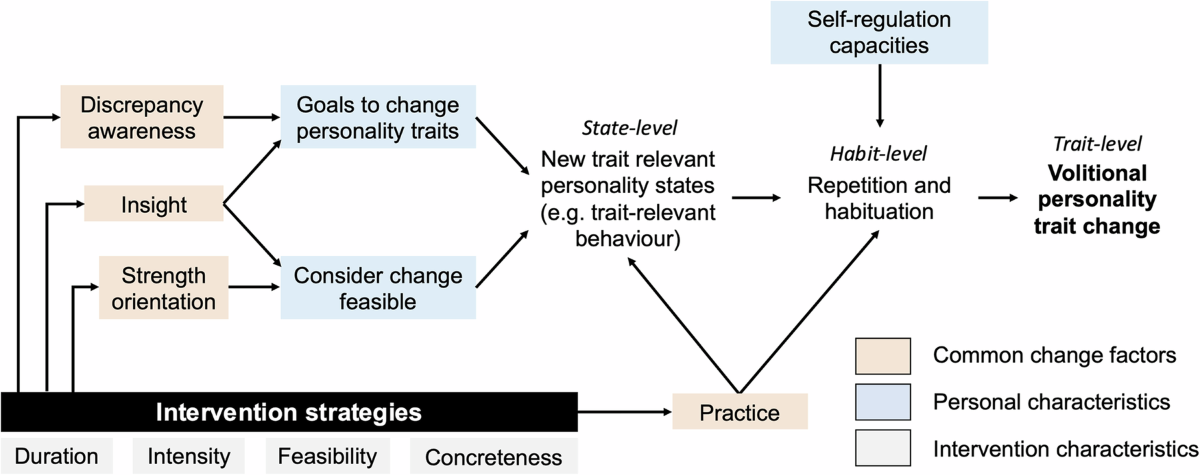Reported Shift in Population Personality: Less Conscientious, More Neurotic on Average, Internet's Role Questioned

Recent insights suggest a notable alteration in average personality traits across the population, indicating a trend towards individuals becoming less conscientious and extraverted, alongside an increase in neuroticism. This reported shift has ignited a crucial discussion regarding the potential influence of the internet, as highlighted by Inc. magazine, which recently posed the question: "> New data suggests we’re less conscientious and extraverted and more neurotic on average. Is the internet driving personality change?"
Personality traits are commonly categorized using the "Big Five" model, comprising Openness, Conscientiousness, Extraversion, Agreeableness, and Neuroticism. Conscientiousness typically describes individuals who are organized, disciplined, and responsible. Extraversion characterizes sociability, assertiveness, and energetic behavior, while neuroticism is associated with emotional instability, anxiety, and negative emotional experiences. While personality is generally considered stable, it can evolve over time due to various life experiences and environmental factors.
Research has explored the intricate relationship between personality and engagement with digital platforms, particularly concerning problematic internet use (PIU) or internet addiction. Studies indicate that certain personality traits, including openness to experience, conscientiousness, extraversion, and neuroticism, can be positively correlated with internet addiction. This suggests that individuals with specific pre-existing personality profiles may be more susceptible to excessive online behaviors. For instance, higher neuroticism is frequently linked to increased internet addiction, potentially as a coping mechanism for stress or anxiety.
However, the direct causal link between general internet usage and population-wide personality shifts remains a complex area of scientific inquiry. While personality can exhibit short-term fluctuations in response to situational contexts like academic pressures or social environments, these findings do not definitively confirm a uniform, internet-driven alteration across the broader population. Notably, some research exploring internet addiction suggests that higher levels of conscientiousness and extraversion can correlate with addictive online behavior, which presents a nuanced perspective compared to the general decrease in these traits mentioned in the recent reports.
The nuanced nature of this relationship underscores that while the internet undeniably impacts human behavior and social interaction, attributing a direct causal role for broad personality shifts requires extensive longitudinal study. The observed correlations, particularly in the context of internet addiction, suggest that certain personality types may interact with digital environments in ways that reinforce existing traits or lead to problematic behaviors, rather than the internet universally reshaping core personality. Further research is essential to fully unravel the long-term implications of digital life on human psychological development.